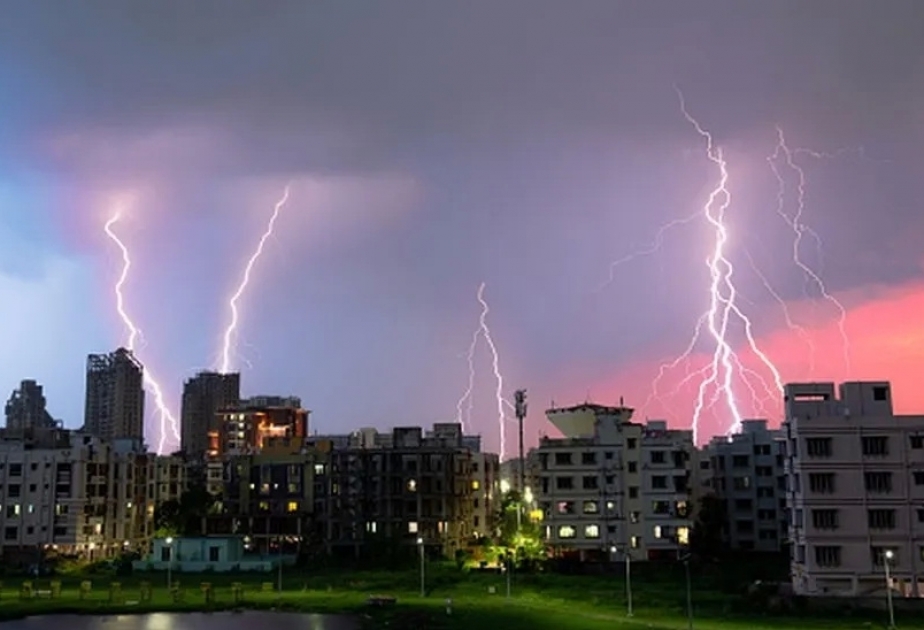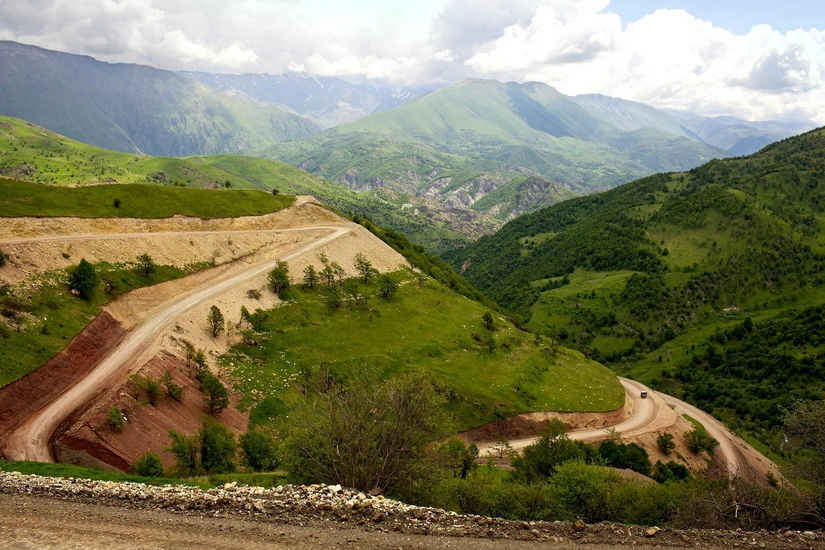At least 24 people have been killed by lightning and intense rain and hailstorms in India, BBC reported citing the local officials.
The weather damaged houses and killed livestock across western Gujarat state.
Storms are unusual in Gujarat during winter, meteorologists said, and the fierce downpour caught many off guard.
Flash floods and lightning strikes kill thousands of people in India each year. Scientists are warning that rising global temperatures are fuelling a surge in extreme weather events.
Rising land and sea surface temperatures warm the air above and make more energy available to drive thunderstorms from where lightning emanates.
Rain and hailstorms were expected to continue in western India on Monday.
At least 18 of the 24 deaths were attributed to the lightning strikes, officials said in a statement late on Sunday.
Gujarat state was hit by heavy rainfall accompanied by thunderstorms and hailstorms on Sunday and Monday, with some areas receiving up to 144mm (5.7 inches) of rain in 24 hours, Reuters news agency reported citing state government data.
The collision of three weather systems over Gujarat caused the lightning strikes, according to Manorama Mohanty, head of the Indian Metrological Department in Ahmedabad.
"These are the easterly winds flowing from the Arabian Sea, the Western Disturbance over the Western Himalayas and the Cyclonic Circulation over South Gujarat," Ms Mohanty told BBC Gujarati.
India's Home Minister Amit Shah said he was "deeply saddened" by the deaths, adding that local authorities were engaging in relief work.
In India, lightning strikes killed more than 100,000 people between 1967 and 2019, according to official data. This is more than a third of fatalities caused by natural hazards during this period.
The number of lightning strikes in the country is also rising - but reported fatalities have been decreasing in recent years as the authorities improve their management of lightning risk, including forecasting and early warning systems.
India recorded more than 18 million lightning strikes between April 2020 and March 2021, according to a study by the non-profit Climate Resilient Observing Systems Promotion Council. This was a 34% rise over a similar period during the previous year.




















